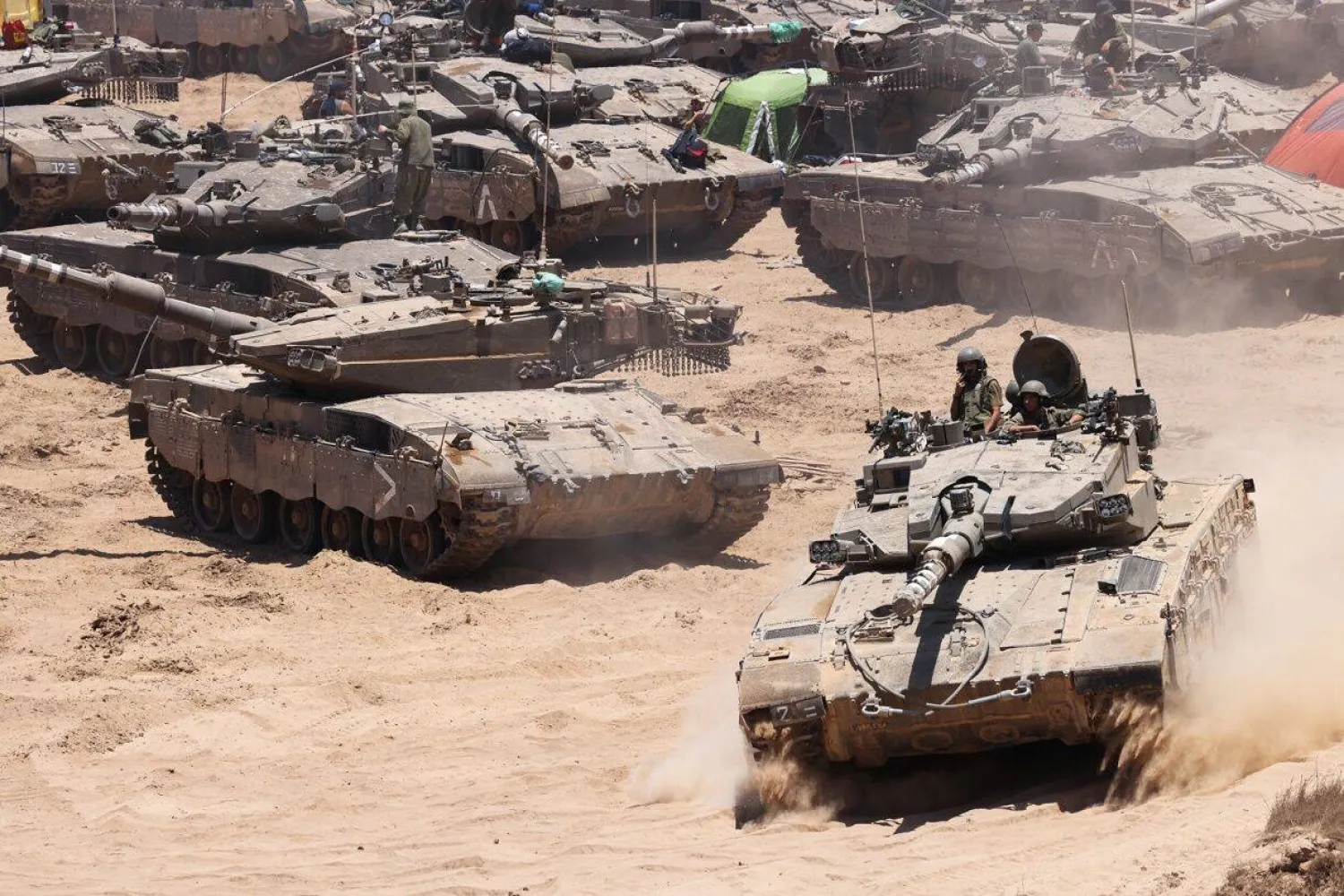Colombian President Gustavo Petro announced Saturday that his country will suspend coal exports to Israel as a rebuke against its deadly war against Hamas in Gaza.
Colombia is Israel's main coal supplier with exports of some $450 million in 2023, according to the Israeli embassy in Bogota, which remains operational despite Petro's government severing diplomatic ties in May, AFP reported.
Petro, Colombia's first leftist president and a fierce critic of Israeli Prime Minister Benjamin Netanyahu, said Saturday on X that coal exports to Israel would be suspended "until the genocide stops."
A government decree specified that the restrictions would remain "until the orders of provisional measures issued by the International Court of Justice (ICJ)... are fully complied with."
In late May, as part of a pending case brought by South Africa, the ICJ ordered Israel to halt its offensive on the southern Gaza city of Rafah, while also demanding the release of hostages and the "unhindered provision" of humanitarian aid into the Palestinian territory.
According to the Colombian government, the coal export ban will enter into force five days after the decree is published in the official gazette and will not affect goods that have already been authorized for shipment.
Bogota underscored coal's role as "a "strategic resource for the manufacture of weapons, the mobilization of troops and the manufacture of provisions for military operations."
Petro also said Colombia would stop purchasing weapons made by Israel, one of the main suppliers of the South American country's security forces.
On Thursday, the Colombian Mining Association expressed concern over the possibility of exports being suspended, noting a trade treaty between the two nations in place since 2020.
"Israel is a key destination for Colombia's thermal coal exports," the organization said in a statement, adding that banning shipments "jeopardizes confidence in markets and foreign investment."
Petro announced Colombia would sever ties with Israel in May over the Gaza conflict and open an embassy in Ramallah in the Palestinian territories.









